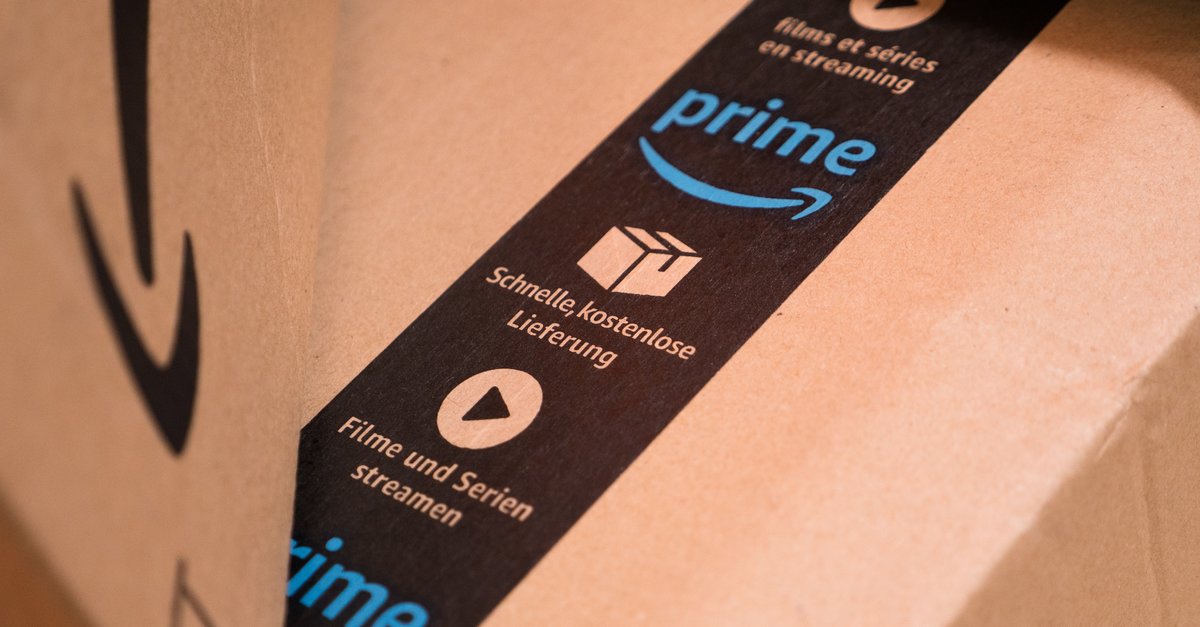This is how Conrad Electronic found its new position
A lot has changed for the electronics retailer Conrad in recent years – and especially for the customers who have been ordering here for decades and shopping in the branches. While the chain with its branches and online shop was a guarantor for everything electronic beyond the CE chains such as Mediamarkt and Saturn for many years, the family company from Hirschau has completely repositioned itself in the last five years, giving up almost all branches and largely focusing on changed from end customers to B2B.
In the interview With the Handelsblatt, Conrad boss Ralf Bühler now takes stock and explains that the transformation, which was decided around five years ago, is now working sufficiently: Instead of providing individual electronics and devices and components that are often intended for top target groups exclusively for end customers: inside , the decision was made to find the B2B business with small and medium-sized companies as a more important mainstay. Although this has been around for many years, according to Bühler, it accounts for just about a quarter of total sales. The B2B share is now 70 percent.
This should also be accompanied by a change in marketing. The private customers still get their goods and in many cases can be addressed without larger marketing budgets. And with business customers, it all works more through trade fairs and direct contact. In the meantime, sales are around 1.1 billion euros per year – and the fact that Conrad has come through the Corona period so comparatively well may also have something to do with the resulting change (away from the closed branches to online trading).
Editor’s Recommendations
Nevertheless, in recent years, the branches have also been the element that has slowed Conrad’s profitability with the cost structures – it’s not for nothing that the branch business has been gradually abandoned. There is talk of depreciation of 70 million euros – an amount that does not come under the rubric of petty cash for a family company of this size.
But precisely the character of a family business has led to the company’s course being changed in a spirit of trust. Whether this would have worked in a different constellation is open to speculation, as is the work of persuasion that had to be carried out among the employees. According to someone with insight into the company, not everyone understood the change of course and wanted to support it.
Conrad now makes a large part of its turnover with other customer groups, but still with an amazing range of articles: “From our wide range of now nine million products, we deliver what cannot be strategically planned. We are the fire brigade for purchasing that can help where others can no longer help,” explains Bühler in an interview with the Handelsblatt.
This went hand in hand with the construction and expansion of the platform, which on the one hand took some of the risk away from the electronics mail-order company, but on the other hand also ensures the widest possible range of goods, from which Conrad nonetheless earns some money. A bit like Amazon, which Bühler claims was one of the reasons why people look the way they do today. “Hardly anyone predicted the power with which Amazon would overrun the German market. We couldn’t do anything to counter that,” Bühler regrets. That sounds as harsh as it is, even if it would certainly be short-sighted to blame Amazon alone for the situation in which Conrad Electronic found itself – and yet Conrad in particular has demonstrated how a trading company can change when it needs to change.


